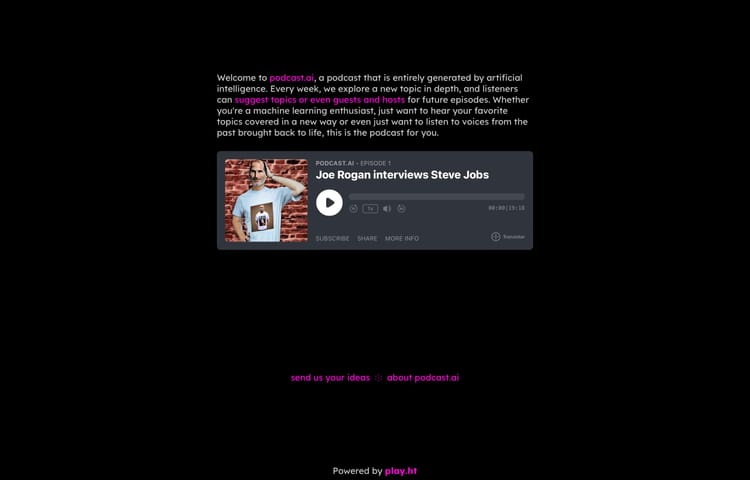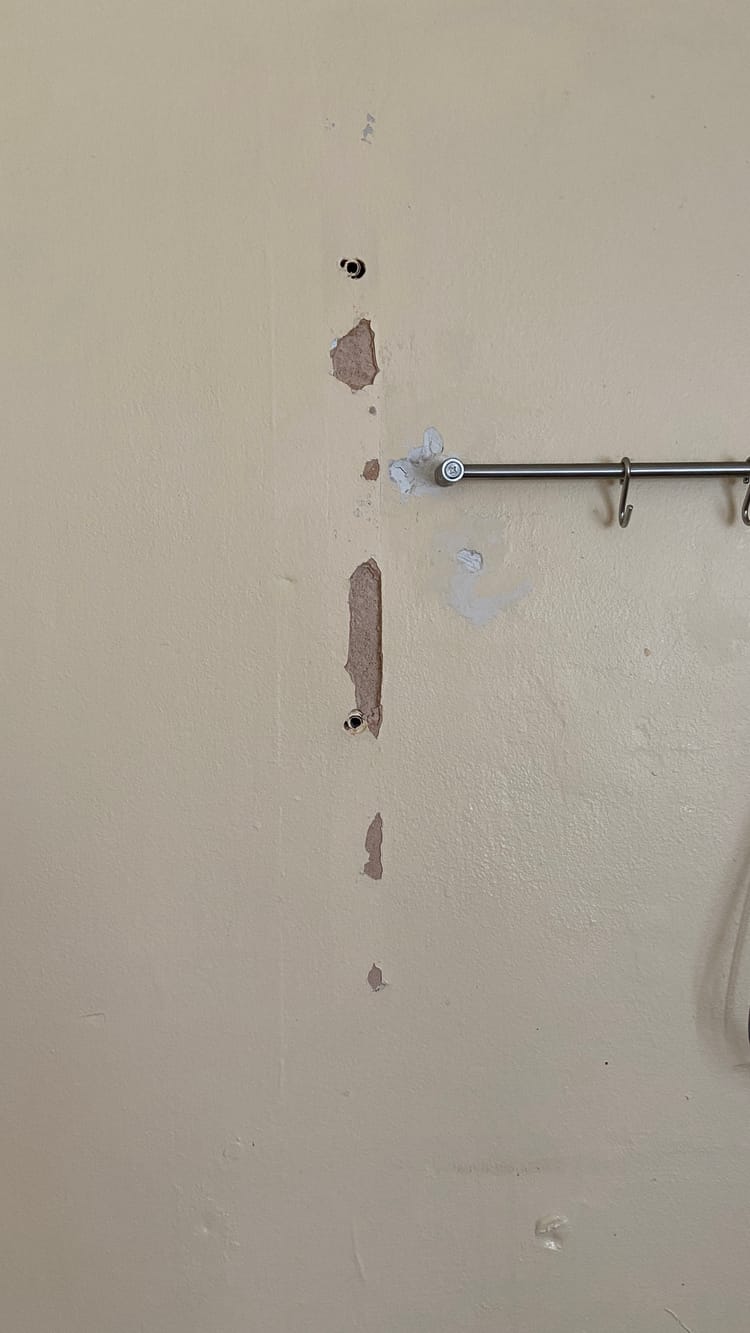Maximising your savings as a millennial in the UK

Affiliate links:
Please be aware that the links in this article are affiliate links. If you click on them, I will gain some sort of commission. All money gained will help future blog posts.
I’ve read a lot of blog posts. Watched a lot of videos which talk about saving and investing your income. The only trouble is that all of them are educating Americans. There’s barely any content for people outside of America. Of course, we have Money Saving Expert which is a great resource (and one you should check out). Laura Whateley, a money columnist from the Sunday Times, but there aren’t many people talking about their personal experiences.
Today, I’m here to talk about my experience with saving and investing money. To maximise returns in the hopes you can learn from it, and also get more returns on your savings.
Let’s first begin by asking…
Contents
Why should I save and invest when I could potentially lose money?
You’re only likely to lose money if you invest in the short-term. You’re much less likely to lose money if you invest in the long-term. It’s recommended you keep your money in an investment pot for at least 3 years, but if you’re investing into a pension pot, then you’ll be investing for a lot longer.
Many people will invest using apps like Freetrade, Trading 212 and other apps where you can choose which companies you invest in. This is great if you know what companies you’d like to invest in, but if you’re like me and want to give someone else money and invest for you, then you can. I personally use an AI savings bot called Plum.
Plum is a bot that learns your income and spending habits, and will then take small amounts and save it into a pot. The money it takes is saved into an FSCS protected Barclays account, and you can put the money back into your bank whenever you need it.
You can go a step further by paying £1 a month which will allow you to open up an investment pot and invest some of your money save by Plum. I have two pots open, Tech Giants and Stocks and Shares. The former has a lot more ups and downs, but the potential on returns is far greater than the latter.
Plum has a pretty awesome brain which allows you to control how much Plum takes from your account, and where it puts that money. I have Plum set to “Beast Mode” which saves 75% more money than it’s “normal mode“, and I split the money 35% in Tech Giants, 35% in Stocks and shares, and 30% into a 0.6% FSCS account to have multiple returns.
Getting money from my investments can take a little while, depending on how quickly they can sell your shares, and the 0.6% account is a lot faster at 1 day to withdraw. Altogether, it’s a clever system and has helped me save over £2,000 with a £107.99 return at the time of writing this article.
Maximising money for your first home
I read a fantastic book which I 100% recommend called… “Money: A User’s Guide” which goes through everything on the topic of money. One thing I learned from reading it is opening a savings LISA account. Once you open a LISA account, you will receive a 25% return on your savings from the government up to £4,000 every year. The maximum you can save in a LISA account is £4,000 each year and if you save that each year, the government will give you £1,000 as a bonus.
The bonus can only be used on your first house, or for when you retire, and you need to have it open for at least 1 year before you can take advantage of your bonus. If you use it for your first home, then you can use it for a house up to the value of £450,000. If you had it open for three years and saved the total amount each year, you would have an extra £3,000 of free money.
You can also take your money out at any time, but if you use it for anything else other than your first home or your pension, then you won’t receive the bonus. To anyone looking at buying their first home, I 100% recommend you open up a LISA account. I opened one up with MoneyBox, which is an app you can download, and the process was super easy. You have the option to open an investment LISA or a savings LISA. I decided to play it safe and went with the savings account, which does offer some percentage returns as well as the government bonus. You can choose whichever, and I trust you know the usual about investing.
None-conventional ways to earn and invest money
Right now, you’re reading this on my website, and I have actually created a few ways to try and make money with these. First off, I joined the Brave Publisher platform, which means that anyone reading this on the Brave browser can donate BAT, which is a form of cryptocurrency. I have also invested some money in BAT and earned an extra £50.
There’s also another payment platform called Coil which is similar to Brave. But you can install the plugin on any browser. Or use their own privacy-focused browser that has the plugin installed natively. Coil has brought me in a total of £0.15p, which isn’t much. Although, I have only just started, and I’m hopeful for the future of Coil.
Then there’s Medium which everyone and their dog has joined. It’s the one platform I wish I joined earlier rather than later. However, I have started, and I import all my blog posts into Medium while being apart of the partner program. This means that any paying Medium members will donate some of their money in return of getting (hopefully) some value.
Crypto is a lot riskier than any other kind of investment as it’s not regulated. There are no safety nets like normal investments have. However, if you put your money into the right crypto, you could potentially get far more returns than your traditional investments. I have some money in Bitcoin, BAT, and XRP. There has been a lot of ups and downs, and it has been an exciting ride. However, I have held my nerve and kept my money in each in the hopes for much higher returns.
In no way am I an expert or financial expert. Please take my recommendations lightly, and make sure you do your due diligence when looking into investing.
Where to learn more about money
A book called “Money: A User’s Guide” is honestly the best book I have ever read about money. It covers everything. From buying your first home to dealing with a credit card. Student and loan debt as well as managing money to live a happier life. It has honestly changed my whole outlook on money, and how I should be managing it.
If you enjoyed this post, then let me know what you thought.




Member discussion